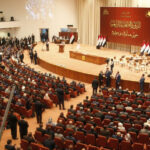Corruption Allegations Involving Talabani Family and ‘Jewish Shareholder’ Spark Controversy and Tensions with Pro-Iran Militias
A report exposing alleged corruption involving the Talabani family and their “Jewish shareholder” briefly aired on an Iraqi TV station affiliated with pro-Iran militia commander Abu Ala al-Walai, before being swiftly removed from all platforms.
The report centered on IQ Company, an internet provider led by Asoz Latif Rashid, the son of Iraqi President Latif Rashid. Latif is married to Shanaz Ibrahim Ahmed, the aunt of Bafel and Qubad Talabani. Shanaz’s sons hold significant roles in the Patriotic Union of Kurdistan (PUK), managing its media outlets, including KurdSat TV, and overseeing various business ventures in Sulaymaniyah and Kirkuk—comparable to the business interests of the Barzani family in Erbil and Duhok.
While corruption is often associated with Iraqi politicians, the report’s framing was particularly provocative. It claimed that IQ Company’s major shareholders included a “Jewish partner with foreign nationality,” a detail emphasized in a conspiratorial manner, likely aimed at stoking sectarian and ideological divisions. This suggestion linked the Talabani family, particularly Qubad Talabani, to potential suspicions due to his wife’s American-Jewish heritage, aligning with narratives frequently used by pro-Iran groups to undermine their opponents.
The report further alleged that IQ Company was illegally redirecting internet bandwidth into central and southern Iraq, evading taxes and fees totaling nearly 1 trillion dinars. Despite being blacklisted for non-payment of penalties, the company supposedly continued its operations, with a new decade-long contract awarded by the Ministry of Communications, a move reportedly facilitated by trips to Turkey.
The removal of the report from Inews TV, owned by Abu Ala al-Walai, highlights underlying ideological tensions between the PUK and pro-Iran Iraqi militias. While the PUK maintains pragmatic relations with Iran, these connections are driven more by political necessity than shared ideological beliefs. Iraqi militias, particularly those with sectarian leanings, often view the Talabani family’s ties—especially Qubad’s wife’s Jewish heritage and business dealings—with suspicion, despite her American-European background.
This episode underscores the complexities and fragility of the PUK’s relationships with pro-Iran factions, where political cooperation masks deeper ideological divides and suspicions, particularly concerning issues of loyalty and identity.
Author Profile
- Diyar Harki is an independent investigative journalist and human rights advocate. As a member of the National Union of Journalists (NUJ), he focuses on exposing corruption and human rights abuses in Kurdistan and Iraq. He voluntarily contributes to Kurdfile Media.
 Kurdistan18 January 2026Will the Terrorists Be Released?
Kurdistan18 January 2026Will the Terrorists Be Released? Opinion17 January 2026A Risk That Could Reshape the Kurdistan Region
Opinion17 January 2026A Risk That Could Reshape the Kurdistan Region Reports7 January 2026Kurdistan MPs Receive Millions in Salaries as Parliament Remains Paralyzed
Reports7 January 2026Kurdistan MPs Receive Millions in Salaries as Parliament Remains Paralyzed Political3 January 202634% of Kurdish MPs in Iraqi Parliament Lack Arabic Proficiency
Political3 January 202634% of Kurdish MPs in Iraqi Parliament Lack Arabic Proficiency

